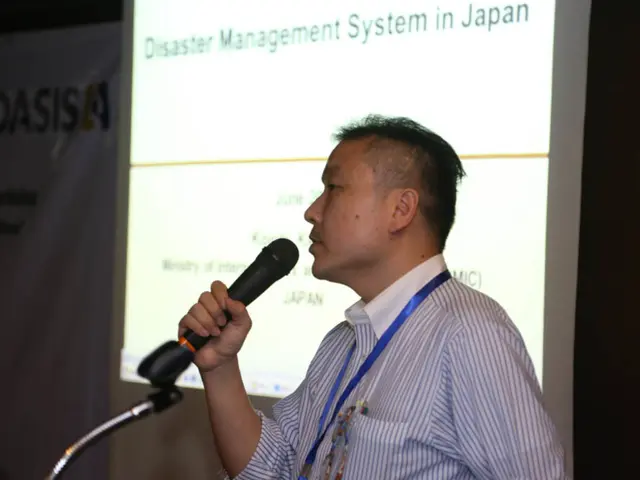Police in Spain dismantle a "spiritual retreat" offering psychedelic substances to participants
In a recent development, Spanish police have dismantled a group accused of running spiritual retreats that offered hallucinogenic drugs, including ayahuasca, San Pedro cactus, and Kambo frog venom. The group, which operated out of a villa in the southeastern town of Pedreguer, faced charges of drug trafficking, money laundering, and criminal association.
The retreats, held in groups of up to twenty participants, were promoted online with promises of a "mystical" experience and health benefits. The majority of clients were from Europe, with some coming from around the world. The group charged over €1,000 euros (37,000 baht) for multi-day stays.
The seized substances can have unpredictable, dangerous effects. Ayahuasca, a popular choice in these retreats, induces vivid visions, emotional release, and altered consciousness. Nausea and vomiting are common, and about 2-3% of users may require medical assistance due to adverse effects such as increased heart rate, hypertension, seizures, or fainting. Rare fatalities have been reported, often linked to underlying health conditions or accidents during altered states.
San Pedro cactus, another substance used, contains mescaline, a potent psychedelic that alters perception and mood similarly to ayahuasca but with a different chemical profile. Risks include nausea, increased heart rate, elevated blood pressure, anxiety, and potential psychological distress, especially in vulnerable individuals.
Kambo, a secretion from the Phyllomedusa bicolor frog, was also offered. It induces intense purging (vomiting, sweating), increased heart rate, and blood pressure spikes. Physical risks such as dehydration, electrolyte imbalance, and potential severe reactions in people with heart or kidney problems are associated with Kambo. Psychological effects are typically less explored but may include cathartic or intense physical experience-related distress.
Five other people were placed under investigation for acting as "spiritual guides" at the retreats. The police force released a photo of a large room with several mattresses, water bottles, tissue boxes, and a guitar, providing a glimpse into the setting of these spiritual journeys.
The retreats were held several times a week, with the group generating hundreds of thousands of euros in undeclared income last year. The group did not have the means to respond to intoxications, posing a significant risk to participants.
Police arrested two men and a woman suspected of leading the group. The safety of these spiritual retreats depends heavily on proper screening, experienced supervision, and controlled contexts. Proper medical screening, experienced facilitators, and strict dietary protocols can help mitigate the risks associated with these substances.
Mental-health implications can arise from the use of these substances as they often induce intense emotional release and altered consciousness, potentially causing psychological distress, especially in vulnerable individuals. The therapies-and-treatments offered during these retreats, such as ayahuasca, San Pedro cactus, and Kambo frog venom, are part of the science of psychotropic substances and their effects on mental health.




